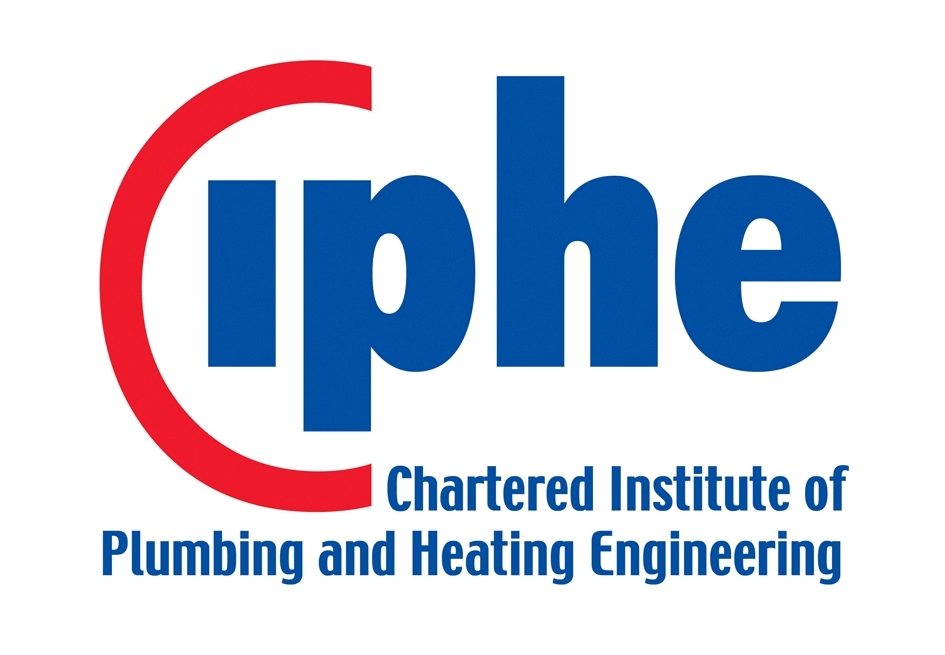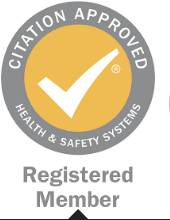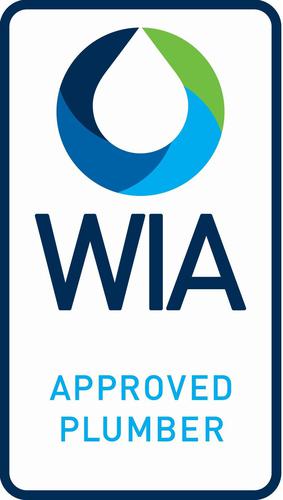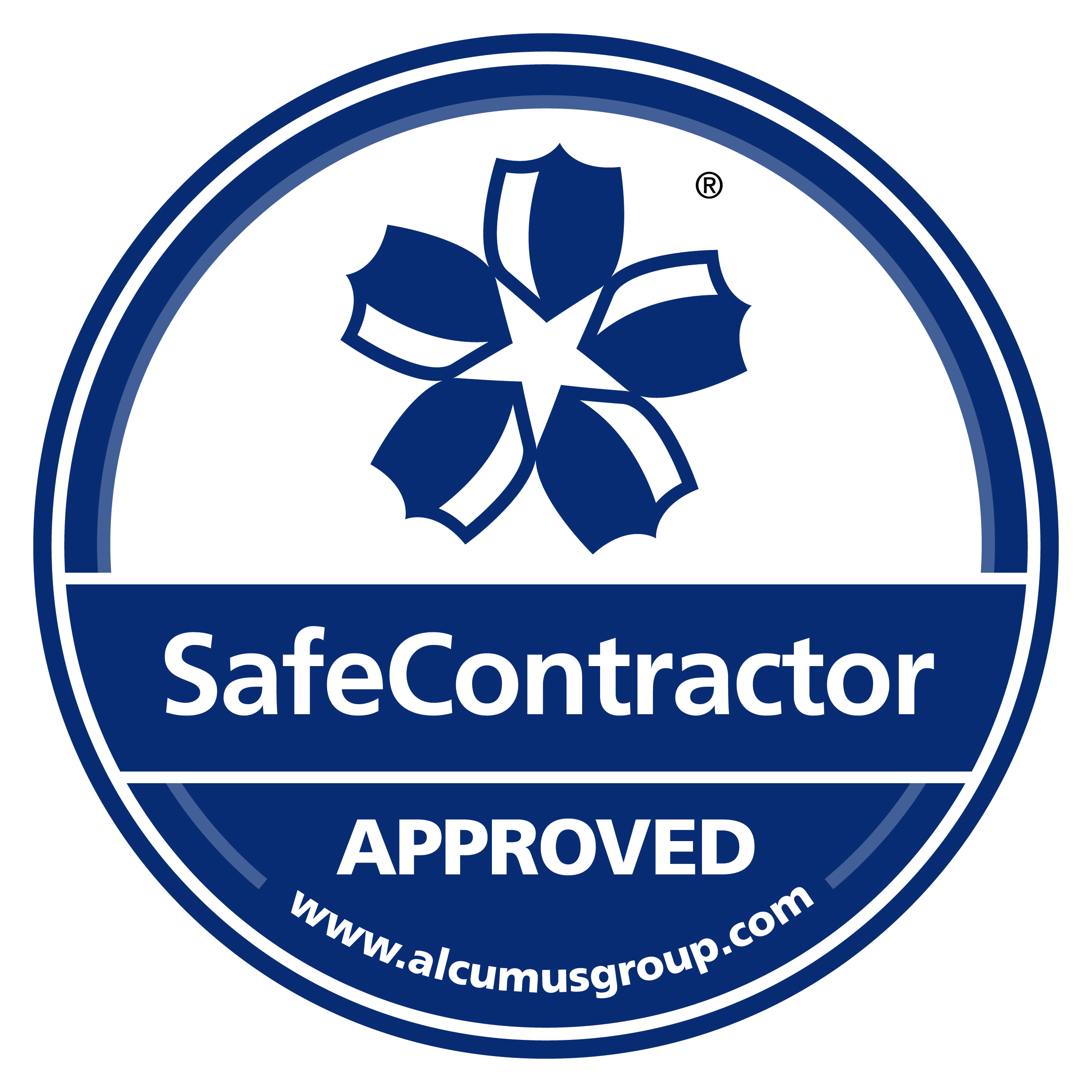Despite the Government’s initiatives to push ahead with the reduction in emissions with a renewables driven system the radiator is still the primary heat emitter for millions of homes, industry, hospitals and educational establishments and has stood the test of time for some 100 years.
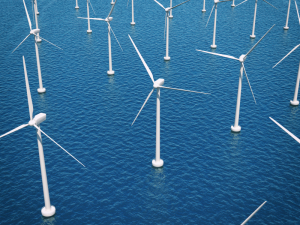
With the government’s initiative to drive renewable energy sources you might that the radiator has had it’s day but this is not the case!
The government is keen to see us use less energy, produce fewer emissions and see reduced energy bills for the homeowners and businesses across the UK.
In the UK 31.3% of all energy is used by transport, 28.3% by industry and 40% by buildings of which 85% of that 40% is used in heating and hot water.
The rapid growth of renewable energy sources and the emergence of under floor heating you might think the radiator is on its “last legs”.
There is misconception that radiators are less efficient than other types of heat emitter. They are suited to lower temperature heating systems powered by renewable technologies. Radiators are still the main source of heating whether it’s from a traditional wet heating system or a renewables driven system.
Radiators circulate water and disperse heat into a room whether the heat source is a fossil fuel powered boiler or a renewable energy appliance.
The important consideration to take into account is the selection of the right sized radiator to provide sufficient heat for the system water temperature.
It’s a generally held belief that radiators have to be piping hot to emit sufficient heat for a room. They are capable of heating rooms using water temperatures of around 45°c.
Installing radiators pose little disruption in a like for like installation, is practically maintenance free and provides lower long term running costs. They also represent excellent value for money.
Modern radiators allow smaller radiators to emit heat from a larger surface area and a lower water temperature.
People who spend a large amount of time seated at desks in offices will notice that whilst their feet and legs might be warm their head and shoulders remain cold. Radiators will provide the desired temperature in the room quickly, efficiently and evenly without causing heat stratification.
Radiators respond quickly to the change in temperature heating the room when chilly and cool down when not needed.
Today’s condensing boilers are as energy efficient as they possibly can be in line with government objectives.
The economic downturn means that homeowners and businesses alike are unenthusiastic to spend money on energy saving initiatives and schemes not when budgets are constrained.
Energy conscious
Homeowners, business and industry in general are looking for new ways to save money as long as it doesn’t entail having to spend a great deal of money on schemes that provide a ROI in the next century.
The ERP directive from Europe will change pumps and pumping in the UK from January 2013 which will mean that the correct water treatment products in a heating system will add up to 3% efficiency to the system.
There’s a commonly held view that under floor heating heralds a greater energy saving and efficiency but in reality heating up and cooling down times associated with under floor systems makes the energy and cost savings difficult to truly quantify.
Environmentally Sound
If there are still any doubts as to the practicalities of installing radiators then bear in mind that they are 100% recyclable.
Finally, when considering which or what heat emitting system to install consider this: as far as Schools, Hospitals, Care Homes or Public Buildings are concerned LST (low service temperature radiators) are the most practical, economical and energy efficient to install and maintain in the long term.
The radiator may have been around for a century but it still remains the tried and trusted heating device that withstands the test of time.
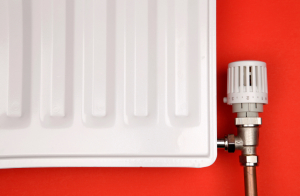
Installation of the correct sized radiator appropriate to the size of the room ensures the right amount of heat is emitted.
Next Steps
Call Aquatech Services on:
07071- 224547 for a free an impartial discussion.
Alternatively leave your details in the form below and one of our trusted advisors will contact you.
[gravityform id=”1″ name=”Contact Form”]
If you wish to receive the latest updates news and reviews you can follow us on twitter, like us on facebook and connect with us on linkedin.
For updates directly into your inbox, hit the RSS button and our updates will be sent directly into your inbox.





